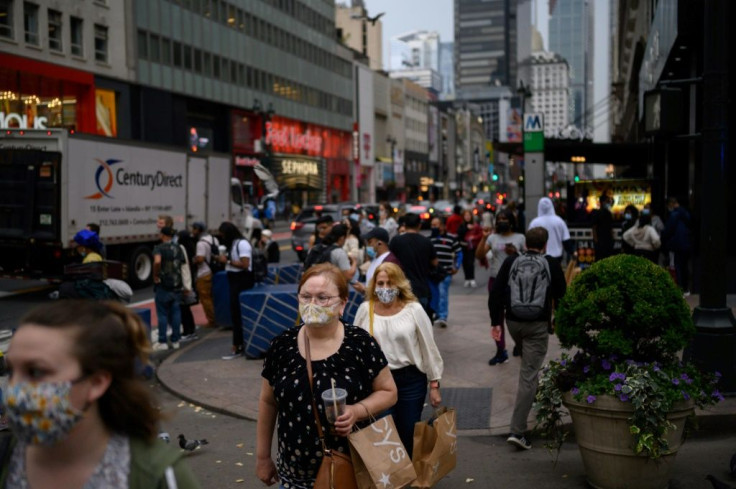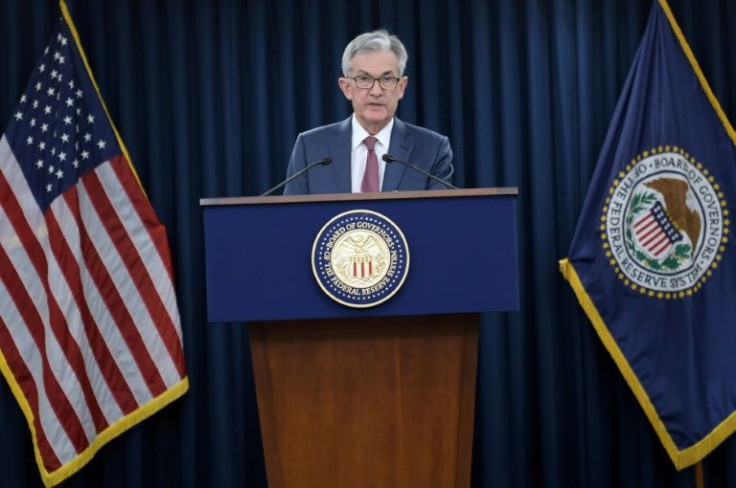November Saw Inflation Surge By 6.8%, Bringing It To 1982 Levels

Inflation in the U.S. set another somber record on Friday as consumer prices shot up to levels unseen since 1982.
The Department of Labor released its latest data for the Consumer Price Index (CPI) which found consumer prices rose 6.8% in the last year. As the price of basic goods like food, energy and household items has climbed, Americans have begun to sour on their own prospects for the future and on President Joe Biden’s economic agenda.
On a monthly basis, inflation fell slightly from 0.9% in October to 0.8% in November. When food and energy prices are excluded, the all-items index rose by 0.5%. Shifts in energy prices appeared to drive much of the inflation in November.
The energy index registered 3.5% growth in November as the gasoline index increased 6.1%. Energy prices have been surging globally as a result of the economic recovery with demand for gas, oil and coal rising in the U.S.
These increases reflect how economic activity is returning to some sense of normalcy that existed before the pandemic. At the same time, businesses are still being squeezed by global supply chain bottlenecks and a labor shortage that has pushed prices higher for many products. Meanwhile, businesses and governments are monitoring the uncertainty created by the Omicron variant of COVID-19 while still contending with the Delta variant.
Inflation’s continuous rise has challenged both the Biden administration and the Federal Reserve. Initially, they believed that inflation would be “transitory” with the expectation that it would precipitously fall as the economic recovery continued. That viewpoint has been nearly abandoned by the Fed while the Biden administration has grown more focused on initiating new measures to prevent further spikes.

The Fed under Chairman Jerome Powell announced on Nov. 3 that it would be gradually tapering off its monthly multibillion-dollar asset purchases. More recently, Powell signaled that the central bank may tighten its stimulus measures to stop inflation’s growth.
“At this point, the economy is very strong and inflationary pressures are higher, and it is therefore appropriate in my view to consider wrapping up the taper of our asset purchases, which we actually announced at the November meeting, perhaps a few months sooner,” said Powell in testimony before the Senate Banking Committee.
After the Omicron variant first emerged at the end of November, Biden encouraged more Americans to seek vaccinations against the COVID-19 virus to avoid any situations that may require stricter public health measures.
Biden has reached out to businesses to inquire about ways his administration can help deal with the supply chain problems while encouraging global oil producers to ramp up output.
Biden also led a coordinated release of strategic petroleum reserves in a bid to cut prices.
© Copyright IBTimes 2024. All rights reserved.





















